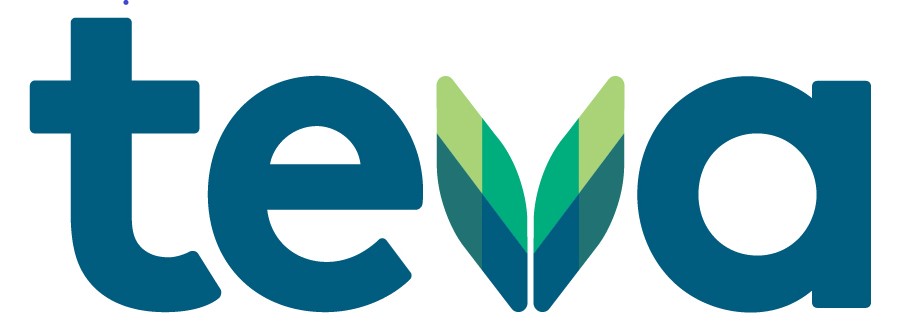Being the office manager of a busy medical office is a lot like juggling. Every day is a delicate balancing act of complex and challenging tasks, from personnel problems to budget planning and payroll. Without a strategy to stay organized, it’s easy to get overwhelmed, creating higher stress levels for you and the entire office. With the new year, it’s out with the old and in with the new. Here are eight strategies for organizing your medical office and keeping it organized in 2019.
Purge.
The first step to a more organized space is to eliminate unnecessary stuff taking up valuable space. Clean out desk drawers, filing cabinets and throw out or recycle anything you haven’t used in six months. When you’re left with only necessary items and have removed excess clutter, you can more easily organize what’s left.
Rearrange.
Evaluate the furniture layout in your freshly purged space based on how you work. Make your space work for you. If you have to get up every time you need to throw something away or replace a file, your desktop can quickly become a mess. Arrange furniture, files and trash receptacles so that they’re easy and quick to access.
Develop a system.
Whatever plan or system you put into place, ensure it matches the way you work and it can easily be maintained by you and your staff.
Prioritize.
After you physically organize your office, it’s time to organize the day-to-day. Establishing your priorities is the first step toward organizing the chaos. Create a to-do-list every day, as this will help give you a head start every day when you walk through the doors.
Plan your calendar.
Carefully regulating your calendar is crucial to staying organized, as every month includes its own set of requirements, meetings and deadlines. Document all of these every month on your calendar as soon as you learn of them.
Organize your mail system.
Only open mail when you feel prepared and able to personally respond and handle demands. Establish a cohesive mail filing system: “do now, do later and file.” This keeps you from going through mailings repeatedly and shuffling physical papers from one place to the next. Throw away unnecessary paperwork, and quickly assign the mail that belongs to other departments so they can organize and deal with their required responsibilities as well.
Plan ahead.
A thoroughly organized medical office should be prepared for any possible emergency. Set up a system for storing duplicate financial and personnel records. Assemble a protected file containing important emergency-related and staff phone numbers in case of security breaches or any other disasters.
Ritualize your day.
Organization isn’t a one day clean and purge chore. It’s a lifestyle change that needs to be constantly worked on. To help your office stay organized, you must keep up with the daily flood of documents, files, projects and communications. When you’re done working for the day, devote about 10-15 minutes to update your to-do list, file completed projects and replace in-progress items in their proper place. That makes for a fresh, organized start when you arrive at work the next morning.
By staying organized, setting priorities and planning ahead, you’ll be able to use your time more effectively. We hope these tips help you run a more organized and effective practice. For more helpful tips, follow our blog and “like us” on Facebook!












